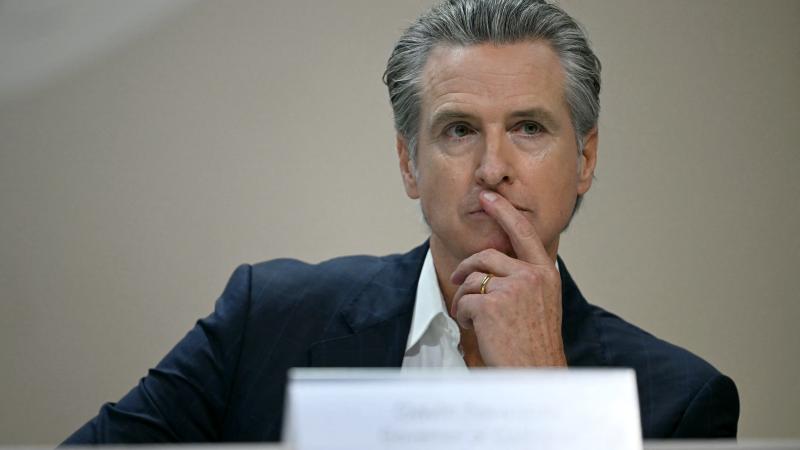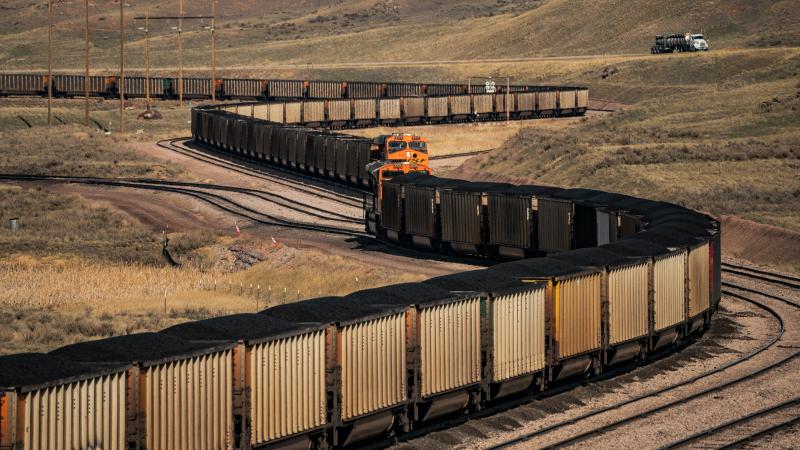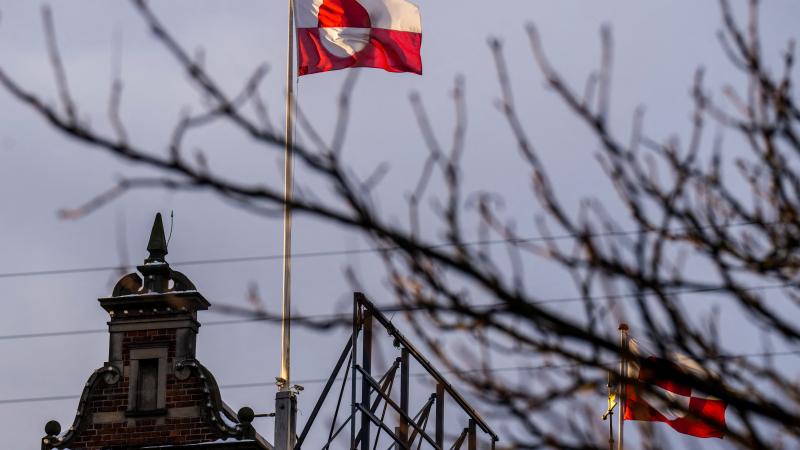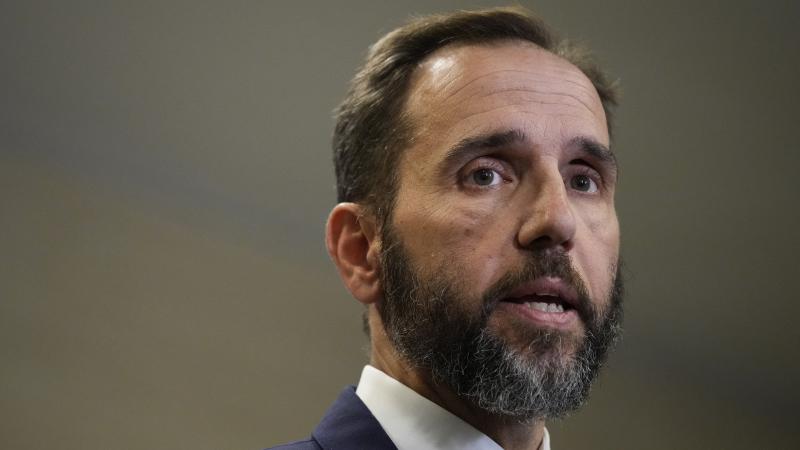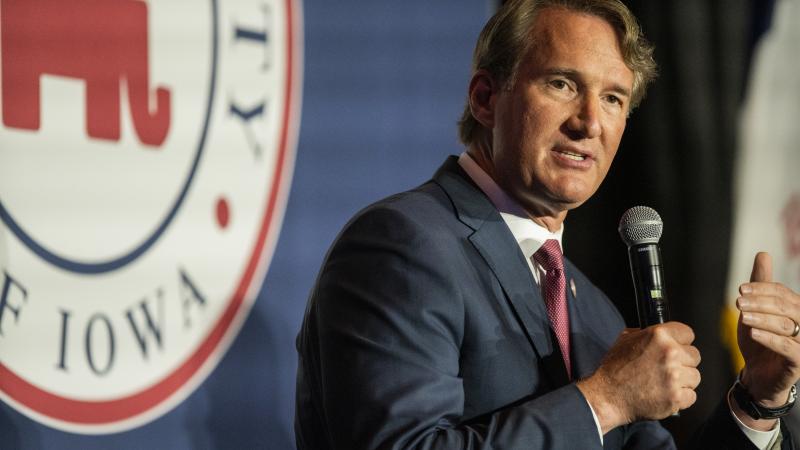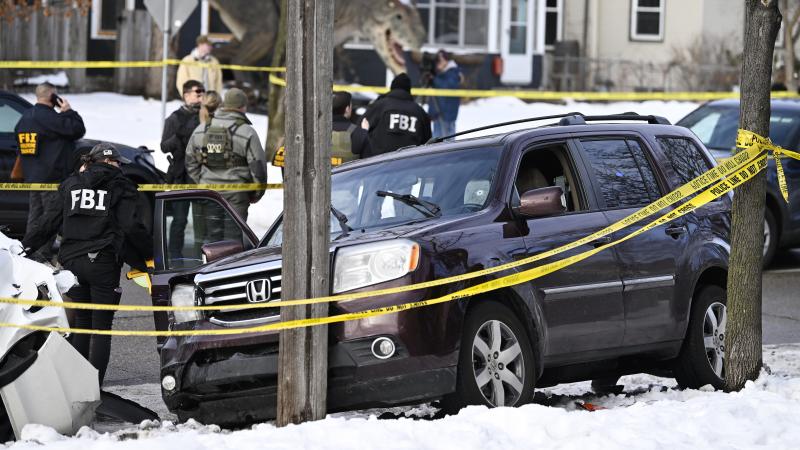Bill allows Illinois local government to get loans from state climate bank
Opponents of SB 3597 fear Illinois taxpayers could be on the hook to pay back loans even if that infrastructure is later deemed by the federal or state government as unsafe or ineffective.
A measure ready to be sent to Gov. J.B. Pritzker would allow local governments to apply for loans through the Illinois Finance Authority Climate Bank in an effort to expand so-called "green energy" infrastructure across the state.
State Sen. Rachel Ventura, D-Joliet, advanced Senate Bill 3597, which would allow local governments to apply for loans through the Illinois Finance Authority Climate Bank for projects including solar power installations.
Proponents say, in the long run, the proposed law will save taxpayers money on interest rates. Ventura said local governments can, through her bill, go to the taxpayer-funded IFA Climate Bank instead of the bond market and secure lower interest rates.
“I imagine there will be ongoing conversations about how to protect the taxpayers, but this is not about [Prairie State Generating Station], this is about saving taxpayer dollars," she said.
State Sen. Don Dewitte, R-St. Charles, pointed to the Prairie State Generating Station, a massive coal-fired power plant in southern Illinois. Illinois taxpayers are on the hook to pay off $5 billion in construction debt accumulated to build the coal plant, despite the plant closing in the future. The coal plant could be shut down as early as 2035 due to mandates within the Clean Energy and Jobs Act signed by Gov. J.B. Pritzker.
“These municipalities that have invested in Prairie State through their membership in local co-ops will, in fact, be on the hook even though their source of power in 2035 may dry up and go away," said DeWitte. "Their taxpayers and residents will be on the hook, and there is no way out for them based on those investments they’ve made."
Ventura said cities can already utilize the climate bank.
"But the local government can't. So what this [bill] allows them to do is instead of going to the bond market where maybe they get a bond at 4-6% or higher they can go to the IFA and get a climate bank loan for 2-3% and that percentage saves taxpayers dollars over the long run,” said Ventura.
The IFA Climate Bank is a government agency that pursues federal taxpayer dollars to combat climate change.
Opponents of SB 3597 fear Illinois taxpayers could be on the hook to pay back loans even if that infrastructure is later deemed by the federal or state government as unsafe or ineffective. Augustana’s PepsiCo Recreation Center and Olympia High School and Middle School rooftops recently caught fire. Both had solar panels installed.
"One of the other arrays of solar panel’s inverter was malfunctioning and crews were able to keep it under control using fire extinguishers until a certified solar electrician arrived on scene to disconnect it from the solar panels," said a post on the Mt. Hope-Funks Grove Fire Protection District Facebook page.
Officials responding to Olympia Community Unit School District #16 last year found the solar panels melted and burned the roof membrane, which led to water getting into the building from the firefighters' response causing further damage.
“What would happen down the road if the state government were to decide a particular method of clean energy production became illegal or ineffective and the state were to ban the type of energy production being produced with this investment … would the state then assume that debt that that local government had taken on in order to invest in that clean energy production that had been pulled out from under them?” asked DeWitte.
Ventura said if the banning of what's now considered clean energy happened there would be negotiations that would protect cities as they found solutions to move away from that type of energy.
“If that was to happen there would be some sort of negotiation that would allow those cities to be protected as they found solutions to move away from that type of energy," said Ventura.
The loans awarded and for how much would be up to the discretion of the IFA, Ventura said. The goal is to have municipalities continue to pay interest on the loans and that interest paid will allow the IFA to continue awarding loans for municipalities to build clean energy infrastructure.

